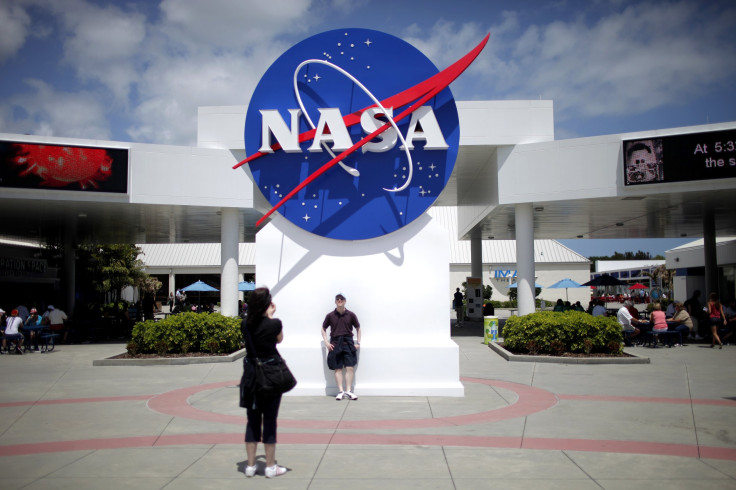NASA’s new Mars plans lack clarity and detail, say lawmakers

A week ago, NASA captured the world with amazing news by releasing "Journey to Mars,’" a significant 36-page report that outlines the space agency’s plans of sending the first humans to Mars. The latest NASA announcement of the presence of liquid water on Mars, as well as the release of science fiction blockbuster film "The Martian," have brought NASA’s plan to explore the red planet back into the limelight, while unearthing major problems.
"Journey to Mars" documents the space agency’s arrangements of assembling a deep-space research facility, capturing an asteroid, developing innovations in space travel and figuring out ways for people to live and work on Mars. However, officials accountable for government spending have raised major concerns with two basic things lacking in NASA’s Mars mission plan: budgets and due dates.
Congress hasn’t directly blamed NASA for its lack of clarity, owing to the president handling the space agency’s direction. However, during last week’s hearing of the House Subcommittee on Space, both the report as well as the Obama administration’s shortage in monetary assistance to NASA was criticised by Congress members, The Hill reports.
“This proposal contains no budget; it contains no schedule, no deadlines,” said Chairman Lamar Smith, according to the Science Committee’s press release. “This sounds good, but it is actually a journey to nowhere until we have that budget and we have the schedule and we have the deadlines.” He goes on to criticise the administration’s continued withdrawal of funding for the Orion and SLS programmes every year and said that it was a roadblock to achieving the goals most Americans want to, in space.
All eyes are now on NASA, and whether -- and how -- it will execute its Mars plan.
Contact the writer at feedback@ibtimes.com.au, or let us know what you think below




















